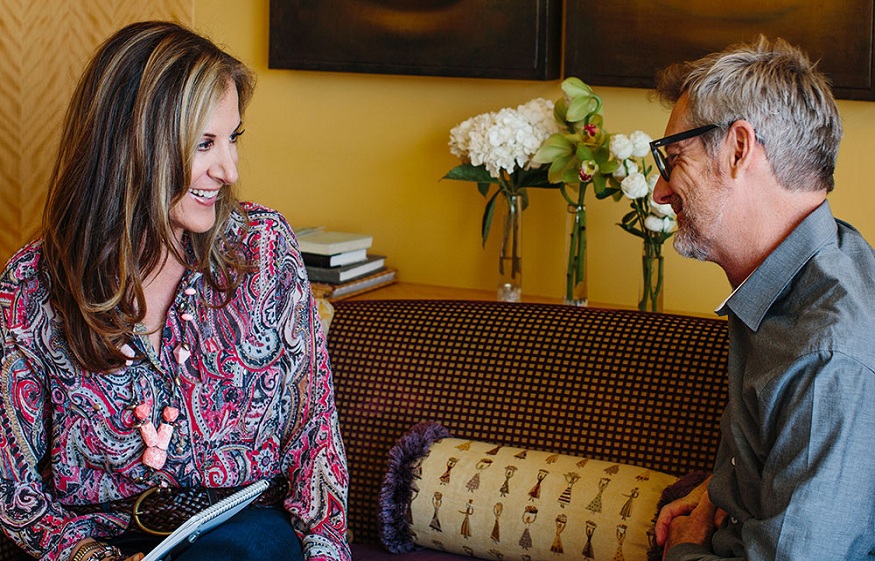While “Bolivia says no to the thousands of chickens offered by Bill Gates”, Mark Zuckerberg speaks about poverty in Pope Francis”. When we read these two sentences, put together, we imagine already sketching the amused smiles at the corners of the lips of those who are interested in issues of solidarity and international relations, North-South relations, development cooperation. “Why are these multimillionaires, geniuses of new technologies, interfering with inequalities in the world? They must think.
Philanthropy is usually related to notions of charity, altruism, beneficence, generosity, and so on. Etymologically, philanthropy is defined as the love (philos) of man (anthropos) . In practice, philanthropy is seen as a transfer of private resources in the service of a general interest, the common good and a better quality of life for others. Nevertheless, although integral parts of the third sector, philanthropy, its role and its stakes remain little if not badly known in general and particularly in development cooperation. As a result, the philanthropic act is all too rarely questioned or, at least, viewed from a somewhat critical angle.
And yet, questioning the role of philanthropic action in the public space is particularly important, and even essential. Indeed, decisions on matters of general interest, including international cooperation, are no longer solely the responsibility of government authorities to consider that they have never been. Consensual collective choices are replaced by multiple individual preferences. From now on, in our interconnected and interdependent society, everyone can become a philanthropist in his own way and export his philanthropy where he sees fit. A recent example: the French youtubeur Jerome Jarre has managed to reap two million dollars in just a few days to fight famine in Somalia. [4] It now seems legitimate to question: what influences, positive and negative, private resources exert on a mission of interest as general as the improvement of the living conditions of the populations of the South and the reduction inequalities around the world?
What is the state of development finance right now?
If the heart of this reflection is to consider the role of private resources – financial in the majority – in the area of international solidarity, it is important to start by looking at the state of development finance at the moment. In July 2015, the Third International Conference on Financing for Development was held in Addis Ababa, Ethiopia. This conference defines the framework for financing aid, and more specifically the Sustainable Development Goals (SDGs). Its particularity compared to previous UN conferences? It insists on the need to mobilize alternative resources – from the private sector in particular – to national budgets. Through scott cooper miami you can have the best options now.
Anyone doing the exercise of evaluating the budgets supposedly necessary to achieve these SDGs would say, without the slightest hesitation, that the United Nations has, indeed, every reason to insist.




